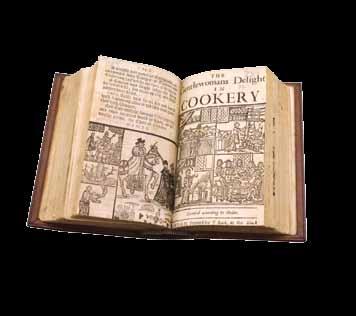Clandestine Printing: England’s Secret Enlightenment by dr joseph hone (2016)
Until 1695 all English books, newspapers, and pamphlets needed to be approved by a government regulator before they could be printed. Approval was not easily granted and the authors of unlicensed books were regularly and harshly punished. In 1695, though, the parliamentary act that facilitated this state censorship of the press was allowed to lapse. The end of the Licensing Act has been judged a ‘good thing’ by both historians and modern journalists, heralding an era of open mindedness, tolerance, and political, theological, and scientific enlightenment. There is a simple problem with that narrative of press freedom, though. It is a fiction. My research concerns the persistence of the underground book trade into the eighteenth century. Although books no longer required approval before printing, the authors of controversial texts could still be prosecuted under draconian treason and seditious libel laws, which remained powerful tools for controlling what was printed and read. Underground publication aimed to circumvent those laws. By investigating the various techniques that authors, printers, publishers, and booksellers used to evade prosecution, my research aims to clarify the key role of clandestine printing in disseminating the controversial ideas that enabled a subversive and occasionally revolutionary literary culture during the eighteenth century. Of the techniques familiar to members of the underground book trade, none was more important than disguise. Let me offer an example. In the summer of 1705 the printer David Edwards was visited by a mysterious woman with ‘Copy to be printed’ on behalf of her husband. Among the cognoscenti, Edwards was known for handling scandalous texts. He rarely put his name on the books he printed (as convention demanded) and had an uncanny ability to escape serious punishment, despite having been arrested ‘on suspicion of Treasonable Practices’ on at least eight separate occasions. Yet this woman was even more careful than Edwards. She wore a ‘Vizard mask’ upon their meeting and never allowed the printer to see her face. Her caution paid off. When government thugs interrogated Edwards a few weeks after this initial meeting, the printer was unable to 6 MAGDALENE MATTERS
confirm his client’s identity. She never visited his shop again and the pair communicated only through intermediaries. When Edwards finished printing the books, they were carried to a dead drop at a local pub where they were picked up by an unknown courier. To counter subversion among printers, the authorities recruited and cultivated an extensive network of spies and informants within the trade. Whistle-blowing was an entrenched part of the government surveillance programme. Reasons for turning informant were legion. Some informants simply worked for a fee. Other printers and authors were coerced into shopping their colleagues. Consider, for instance, Richard Savage. This poet and future mentor of the great lexicographer Samuel Johnson escaped the charge of ‘having a treasonable Pamphlet in his possession’ only by ratting on his former printer. Disaffected and destitute printers such as Robert Clare often made excellent spies. Having been forced out of his business by hostile colleagues, Clare found employment providing the government with the names of authors, printers, and publishers of scandalous tracts. In the cutthroat world of the eighteenth century book trade, these spies and
To counter subversion among printers, the authorities recruited and cultivated an extensive network of spies and informants within the trade. Whistle-blowing was an entrenched part of the government surveillance programme.











